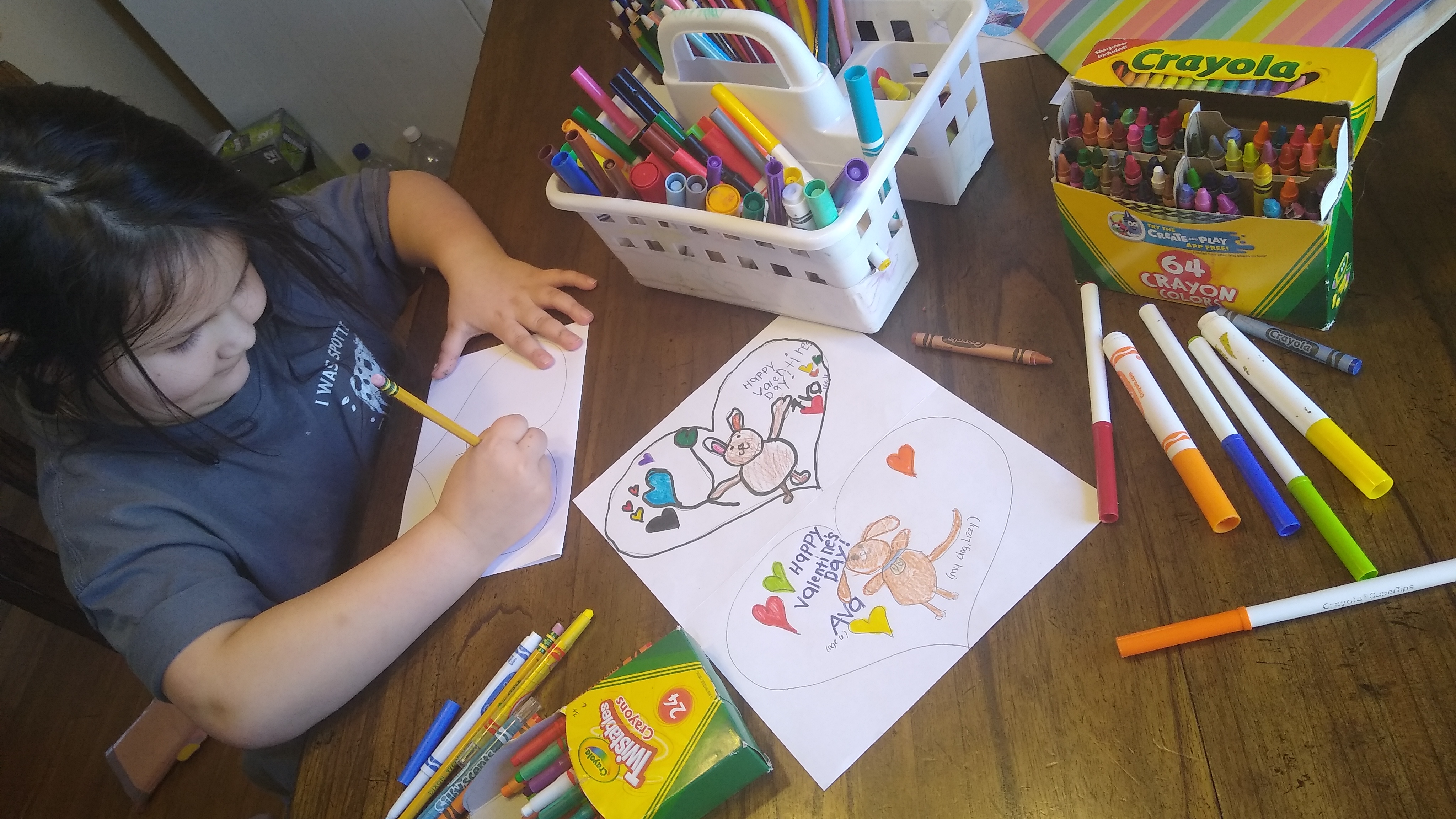Pandemic-Friendly Service Projects for Youth, Others
go.ncsu.edu/readext?782244
en Español / em Português
El inglés es el idioma de control de esta página. En la medida en que haya algún conflicto entre la traducción al inglés y la traducción, el inglés prevalece.
Al hacer clic en el enlace de traducción se activa un servicio de traducción gratuito para convertir la página al español. Al igual que con cualquier traducción por Internet, la conversión no es sensible al contexto y puede que no traduzca el texto en su significado original. NC State Extension no garantiza la exactitud del texto traducido. Por favor, tenga en cuenta que algunas aplicaciones y/o servicios pueden no funcionar como se espera cuando se traducen.
Português
Inglês é o idioma de controle desta página. Na medida que haja algum conflito entre o texto original em Inglês e a tradução, o Inglês prevalece.
Ao clicar no link de tradução, um serviço gratuito de tradução será ativado para converter a página para o Português. Como em qualquer tradução pela internet, a conversão não é sensivel ao contexto e pode não ocorrer a tradução para o significado orginal. O serviço de Extensão da Carolina do Norte (NC State Extension) não garante a exatidão do texto traduzido. Por favor, observe que algumas funções ou serviços podem não funcionar como esperado após a tradução.
English
English is the controlling language of this page. To the extent there is any conflict between the English text and the translation, English controls.
Clicking on the translation link activates a free translation service to convert the page to Spanish. As with any Internet translation, the conversion is not context-sensitive and may not translate the text to its original meaning. NC State Extension does not guarantee the accuracy of the translated text. Please note that some applications and/or services may not function as expected when translated.
Collapse ▲Spiderman never let a face mask discourage his heroic efforts, so why should today’s face masks (or the reasons they are worn) discourage youth and community members from serving others in a time of crisis?
Luckily, even during a pandemic, there are still plenty of ways to be engaged with community service.
Speaking of a pandemic, is there still a risk associated with COVID-19 in the local community? Although there are signs of progress, the short answer is yes.
Earlier in March 2021, Emergency Services Director for Caldwell County, Dino DiBernardi, reported that the county had reached the lowest weekly total of cases since September 2020. While there is a light at the end of the COVID-19 tunnel, people, especially most youth and other unvaccinated individuals are still encouraged to take precautions like practicing good handwashing habits or wearing a mask in a variety of situations.
Many pandemic-friendly projects can be completed at home, and materials can cost little to nothing. Outdoor service opportunities where distancing is easy may be other good options for those hungry to serve.
Pet lovers can give old denim jeans or unwanted t-shirts a new life as dog toys by cutting wide strips, tying three or so together with a slipknot and braiding the strands. A second slip knot finishes the project. Then, toys can be donated to animal shelters and pet rescues.

Strips of old or unwanted t-shirts now take shape as dog toys, thanks to 4-H youth participating in this year’s 40 Hours of Service challenge. The program encourages youth to be active citizens in their community, serving others and tracking their service hours from January through July 2021.
Another low-cost, at-home community service activity is making a joke book for seniors who spend a lot of time alone. They can also be made for teachers, neighbors, first responders, health care workers or anyone else who may need a laugh. Books can be compiled digitally or by hand.
A third pandemic-friendly service project is to make a birthday party pack for someone specific or to donate packs to a social services agency. A party pack may include items such as homemade decorations, a cake mix, candles, a birthday card, balloons, and a game or puzzle. 4-H recommends choosing pre-packaged, shelf-stable food rather than homemade treats, if those items are included.

4-H participant Ava Tugman, age 6, colors Valentine’s Day cards for senior citizens in early 2021. Handmade cards – whether to celebrate a holiday, to say thank you, or just because – are an at-home community service project youth of all ages can complete.
Older youth interested in serving their community can build or exercise their leadership and communication skills by organizing a food drive or another type of collection.
Food collection is a common community service project, because hunger and food insecurity are common community issues. According to the United States Department of Agriculture, food security means access by all people at all times to enough food for an active, healthy life.
If youth are not sure where to begin with a project of this nature, it is a good idea to start by contacting a local food bank to learn what its greatest food needs are.
From there, set a couple goals for the drive. One goal might be to collect 50 pounds of food by the end of May. It is important to set a timeline.
Because it is still a good idea to practice physical distancing, youth can make a flyer to drop off with family, friends or neighbors explaining details of the food drive, such as when items will be collected or should be dropped off, where the food will be donated and why it is an important project. For example, youth may want to share that in 2017 20.3% of youth in Caldwell County lived in households that were food insecure. They can look up other facts too.
Once items have been collected, individuals should be sure and check items’ expiration dates before donating. This assists pantries as they are organizing the donations. In most cases, homemade or opened products cannot be accepted, so that is another detail to share up front with those who may make donations.
For more information on COVID-19 guidelines, please visit the Centers for Disease Control and Prevention website at cdc.gov.
Caldwell County 4-H is a member agency of United Way, and it enthusiastically supports its partnerships. Learn more about 4-H programs online at caldwell.ces.ncsu.edu.
Sarah Kocher is the 4-H Youth Development Agent with N.C. Cooperative Extension in Caldwell County. The N.C. Cooperative Extension, Caldwell County Center, 120 Hospital Ave. NE #1 in Lenoir, provides access to resources of NC State University and N.C. A&T State University through educational programs and publications.




